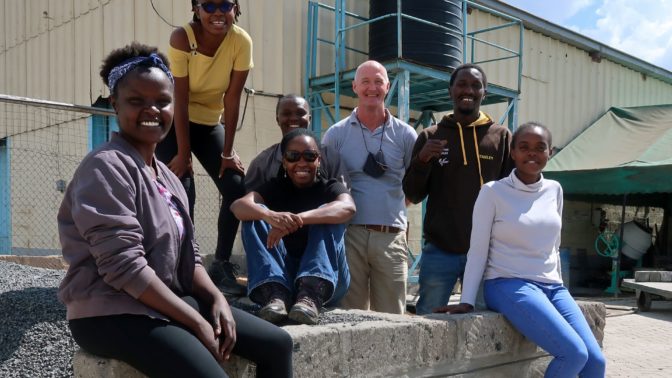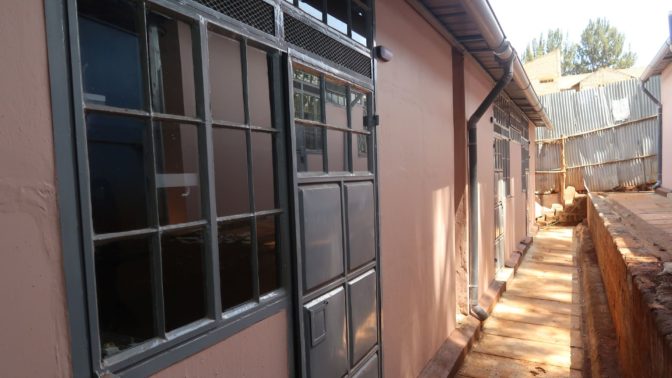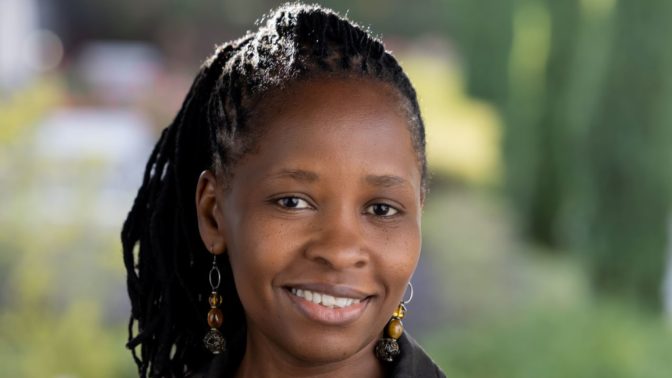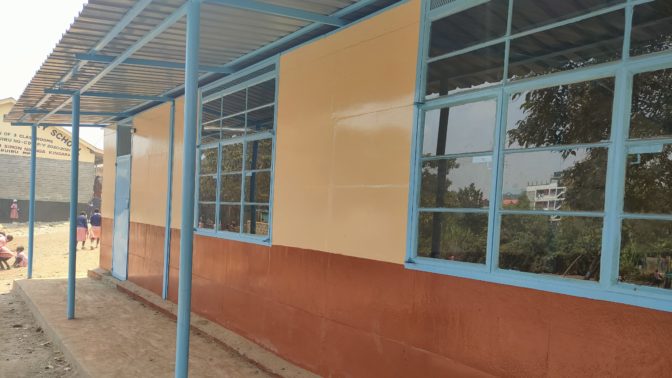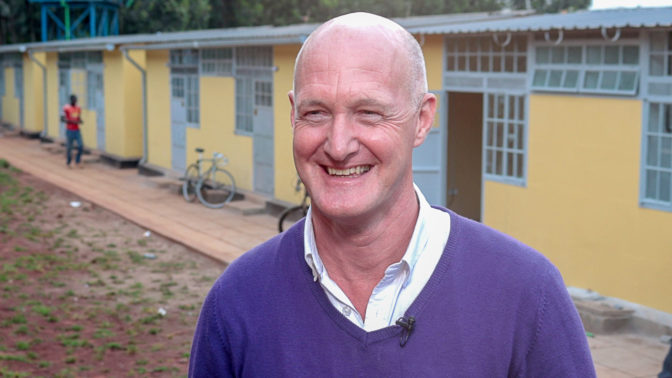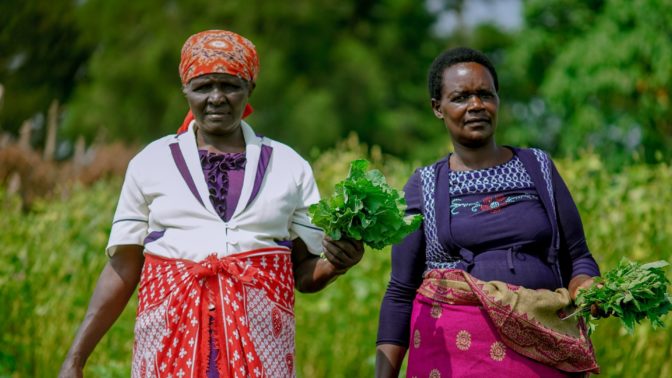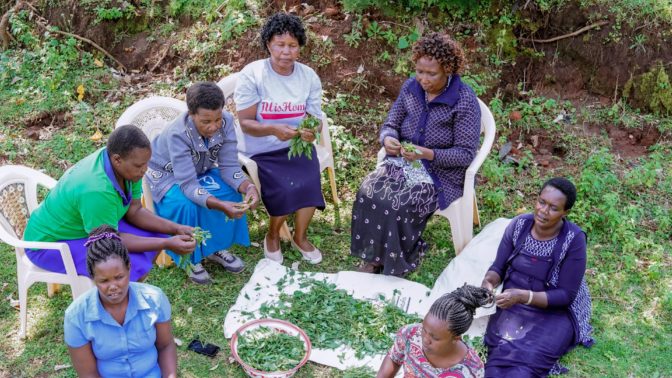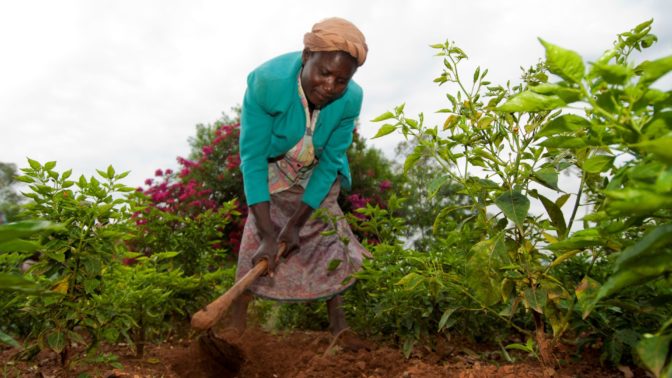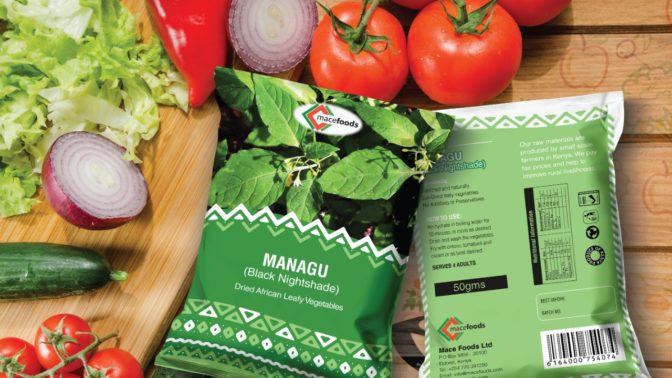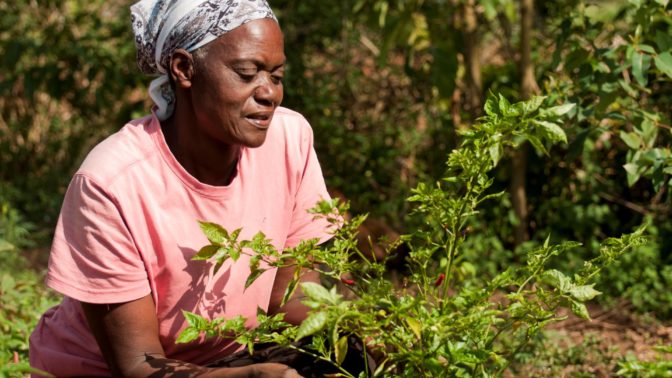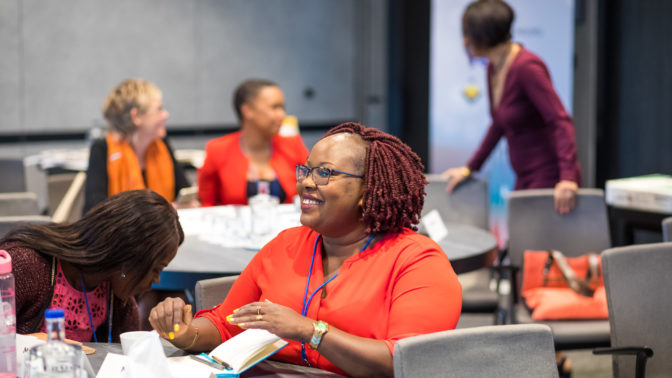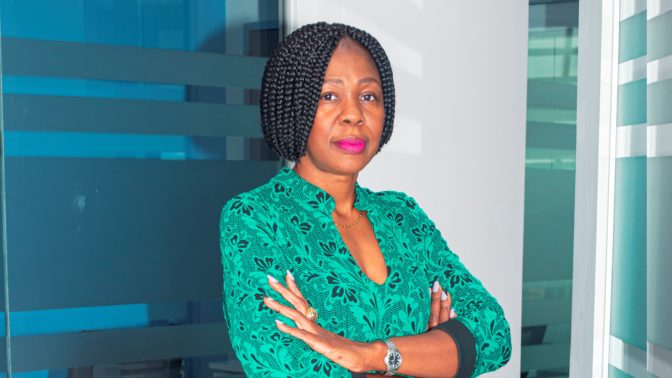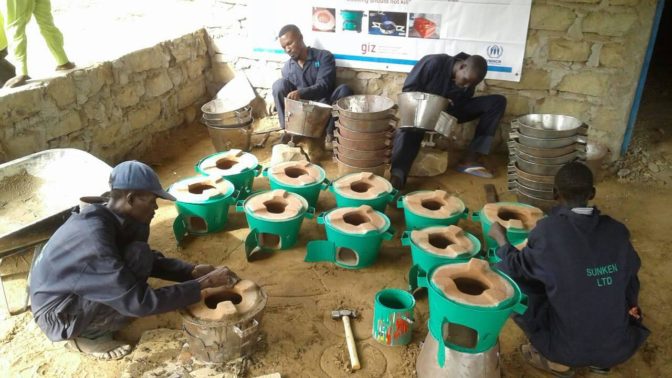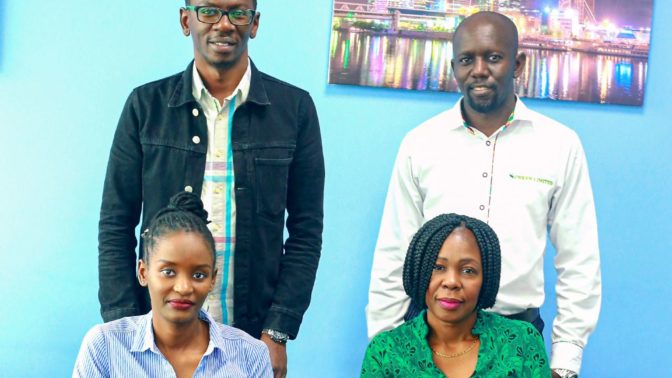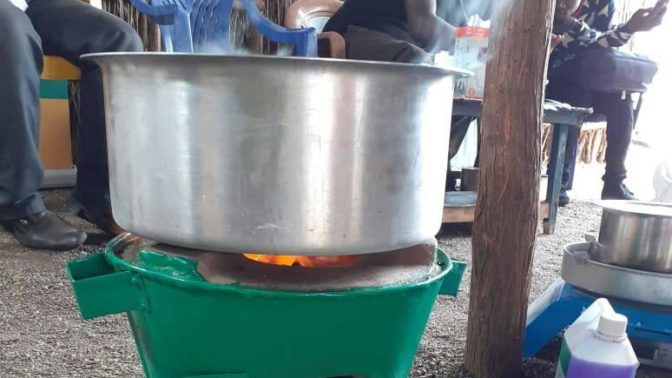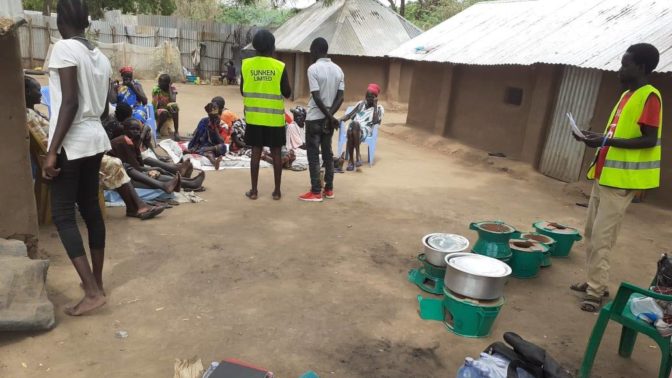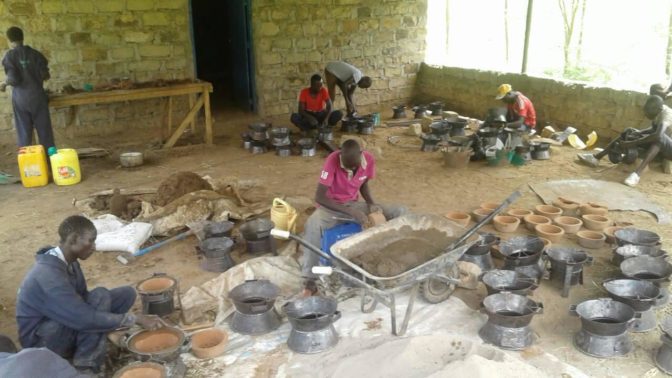Toward green economy with climate and gender equality: 3 Kenyan social enterprises pave the way
The transition toward a green economy is deemed to be skewed if gender imbalance in economic participation still looms large. Women-led social entrepreneurial solutions are vital to addressing social and environmental challenges, particularly in underserved regions. Their inclusion in the workforce not only increases household incomes, productivity and economic diversification but also accelerates sustainable economic growth. Often women entrepreneurs and locally led organizations in remote locations fall behind when it comes to receiving funding and training to support them to grow. With this in mind, we opened the “epScale Funding Call Promoting Women in the Green Economy” for our network in Kenya. It supports social enterprises that have a positive impact on the environment along with strengthening economic opportunities for women.
The selection process involved technical assessments of the projects through site visits, due diligence checks, follow-up interviews, reference calls with organizations that are familiar with the enterprises, as well as consultations with our internal finance, legal and operation departments. We are thrilled to announce the three finalists, Kwangu Kwako, Mace Foods Limited and Sunken Limited. All three social enterprises co-founded by women address crucial basic supply areas: providing affordable and sanitary housing, sustainable food production and supply chain, and eco-friendly cooking solutions.
Kwangu Kwako: Affordable Dignified Living Solutions
In Nairobi, more than 2 million people live in low-income areas in extremely unsafe and squalid structures that are vulnerable to natural extremities like fires and floods. Kwangu Kwako builds safer, secure and affordable housing along with sanitary solutions for low-income communities. From design, manufacturing, component fabrication, procurement, build and project management, they manufacture everything locally and deliver the entire supply chain that too at an affordable cost. They use modular reusable building elements and substitute building material with sustainable alternatives, therefore, taking care of both the economic and ecological concerns.
Cofounded by a woman in 2016, the social enterprise boasts of about 40-50% women representation across their board, senior management and customers. Particularly, their clean and secure sanitary solutions are designed to ensure dignity and safety of the local female population. The fund will support them to create a prototype of the modular in-house toilet and shower facilities for the community. Furthermore, it will support research for developing recyclable building materials.
Mace Foods: A recipe to reduce food waste
To prevent food and income loss du e to environmental factors, Mace Foods improves the income and livelihoods of women and farmers by producing and selling dehydrated and dried spices, leafy vegetables and herbs in Kenya. Founded in 2002, this agri-business has grown to manage the entire supply chain in food production and distribution: from framing, agricultural production to processing and logistics including exports to Europe. The enterprise follows a clear Corporate Social Responsibility policy, particularly supporting the inclusion of women and youth across their entire economic chain.
With a woman founder and CEO at the helm of affairs, the enterprise recruits and upskills wom en from low-income households to create a robust workforce. Additionally, the enterprise has improved the shelf-life and profitability of locally farmed products for the last 20 years. The funds would facilitate setting up of crop demonstration plots, nurseries, drying houses and waste management centers where both men and women farmers can receive training in the various production processes.
Sunken Limited: Supplying affordable, clean and green cooking solutions
Sunken limited drives economic and social development by providing sustainable cooking stoves t o small-scale farmers, communities and commercial projects across Kenya. Founded and managed by a mother-daughter duo, diversity and inclusion are at the heart of this enterprise. They have already created jobs for 60 artisans from refugee camps with a focus on women. By locally producing and distributing affordable, clean cooking stoves, they are not only upliftin g the economic conditions in refugee camps but also, combatting deforestation and improving the air quality by reducing smoke levels by supplying ecological cooking practices. Other services include drip irrigation, solar home systems, mini solar grids and tissue culture.
Founded in 2019, the social enterprise partners with regional and international organizations to improve living conditions by implementing sustainable practices in water distributions and micro irrigation systems. They will use the funds to build a new production site that would in turn increase their output due to the better working conditions. Locals will receive training to improve skills and create jobs for more women.
